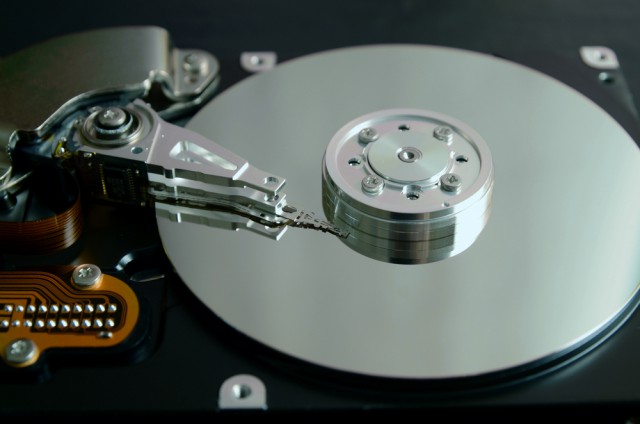
The first HAMR hard disk drives are set to appear on the market in early 2018. The disks, which will be built by storage company Seagate, will be given to select customers and used as testing devices in late 2016 or early 2017, before shipping out to other consumers a year later.
The HAMR technology, (heat-assisted magnetic recording) promises to increase capacities of HDDs significantly in the coming years. You might wonder why HDD is still a thing when SSD is doing such a good job, but HDD is still used by millions of people and across virtually all data centers worldwide.
"As for new generation technologies, HAMR or TAMR, the start of mass production will be [slightly] delayed to 2018", Anandtech cites Hideo Ichikawa, president of Showa Denko. The official mid-term business plan of the company reads that the new-generation media "will be launched in or after 2018".
Storage has been a significant battlefield in 2015, and all clues are pointing towards an even bigger battle next year. Internet of things, big data, user-generated content, enterprise storage, those are all the main drivers in the ever-growing need for additional storage.
Samsung Electronics believes that the NAND flash industry will produce 253EB of flash memory in 2020, up from 84EB in 2015, and analysts from International Data Corp. and Western Digital Corp. estimate that data storage capacity shipped by the industry in 2020 will total approximately 2900 exabytes (1EB = 1 million TB), up from around 1000EB in 2015.
Published under license from ITProPortal.com, a Net Communities Ltd Publication. All rights reserved.
Photo Credit: Piotr Tomicki/Shutterstock

